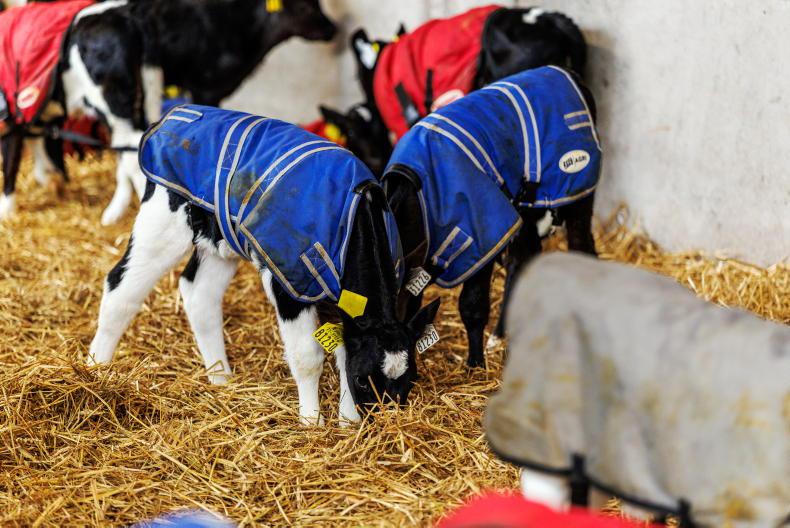New research has found the evidence is too weak to justify telling people to eat less meat. The findings published in Annals of Internal Medicine reviewed the evidence from other scientists about eating less meat and carried out at Dalhousie University and McMaster University in Canada.
It concluded that the advice to cut back on red meat is not backed up by strong scientific evidence.
The report disagrees with organisations that have said eating less red meat is beneficial to people’s health.
For example, last year, the World Health Organisation said red meats were “probably carcinogenic”.
The findings suggested if 1,000 people cut out three portions of red or processed meat every week for a lifetime, there would be seven fewer deaths from cancer and in 11 years, there would be four fewer deaths from heart disease.
It is difficult to tease apart the role of one foodstuff out of all the things people eat
The risks reported are broadly similar to what has been suggested before – but the interpretation of what they mean is radically different.
The researchers say the risks are not that big and the evidence is so weak, they could not be sure the risks were real.
This highlights the biggest challenge with these studies – imperfect research.
It is difficult to tease apart the role of one foodstuff out of all the things people eat, and people may not stick to different diets in a randomised trial.
Prof Forouhi from the University of Cambridge said: “The scientific community needs to acknowledge that doing clinical trials of specific food interventions, unlike pharmaceutical products, and following people up over long periods till disease or death occurs are simply not feasible.”









SHARING OPTIONS